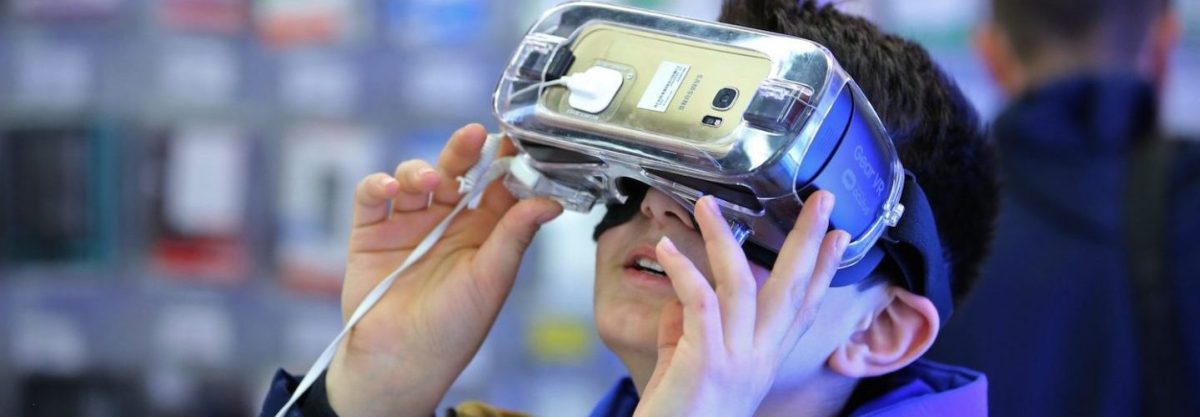There’s a new prescription for pain-sufferers at Cedars-Sinai hospital: put on a pair of high-tech goggles.
The Los Angeles medical center is one of an increasing number of hospitals testing how virtual reality could help patients.
One of the gastroenterologists on staff, Brennan Spiegel, recently saw a young man who was having a panic attack that was making him feel like something was stuck in his esophagus. Spiegel put VR goggles on the man and showed him a scene of a beach in Hawaii. The young man calmed down and was later discharged to psychiatric care, after explaining that he felt like his world was “spinning out of control,” writes Wired.
Spiegel is one of the clinical researchers leading the charge of VR solutions for ailments, particularly pain. Wired reports that over the past few years, Spiegel has done clinical trials that he claims show how a pair of 3-D goggles can reduce the experience of pain of all kinds by a quarter. According to Wired, the physician is currently testing the technology out on chronic pain.
More than 25 million Americans suffer from chronic pain, and many turn to addictive painkillers for respite. Opioids currently claim the lives of nearly 100 people every day across the country, and doctors are desperately trying to find another solution. Virtual reality may be one alternative.
It’s been an idea that scientists have been researching for more than 20 years, reports Wired. One new company, AppliedVR, is building a collection of 3-D content that hopes to combat pain. President Josh Sackman told the tech magazine that they are trying to figure out “how to prescribe the right experience to the right person based on their needs and their interests.” His team has designed two dozen worlds, which fall into one of four categories: distraction, relaxation, escape, and education.
The end goal is not necessarily the relief, but instead, teaching patients skills using technology.
William Clark Becker, an internist at the Yale School of Medicine, has found that patients respond well to mindfulness and cognitive behavioral therapy. He told Wired that he hopes someday, patients will come out of surgery or the hospital with VR goggles, not a prescription.
This article appeared in an InsideHook newsletter. Sign up for free to get more on travel, wellness, style, drinking, and culture.
























